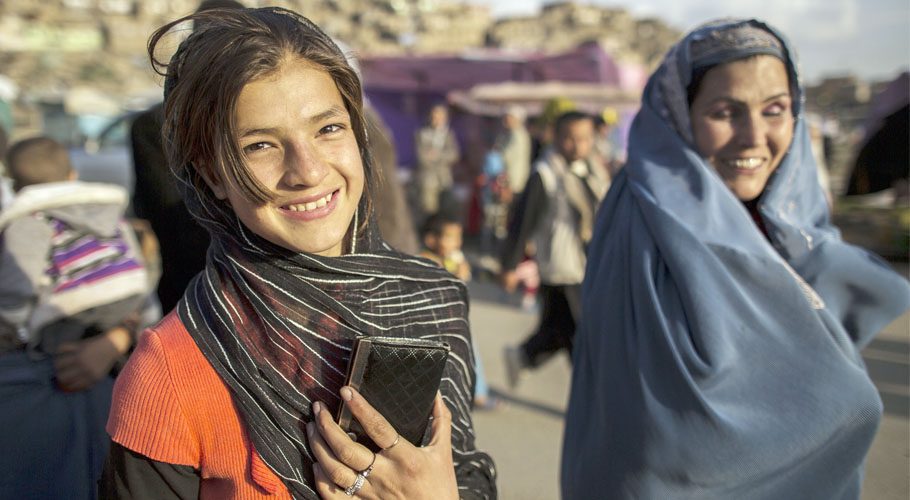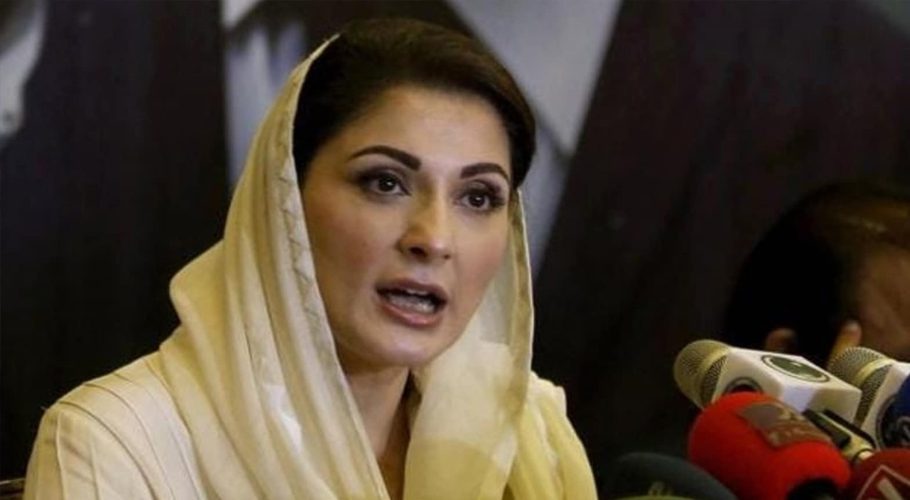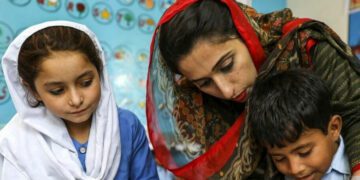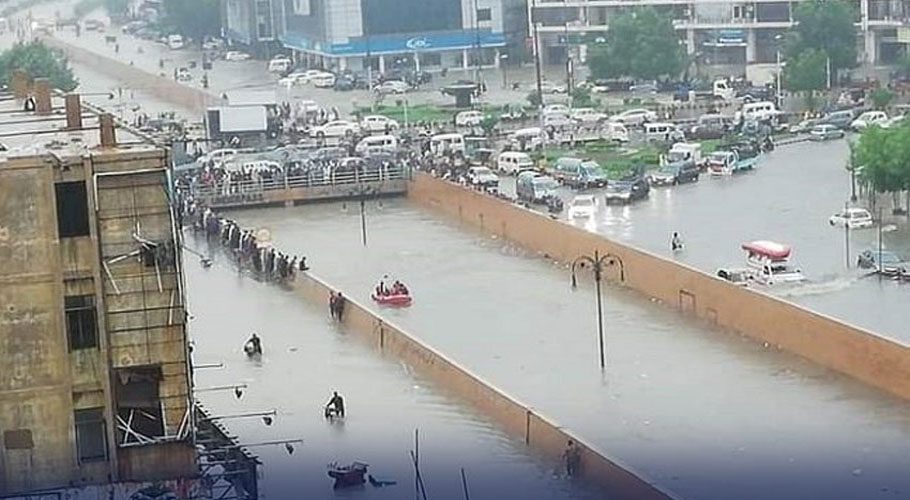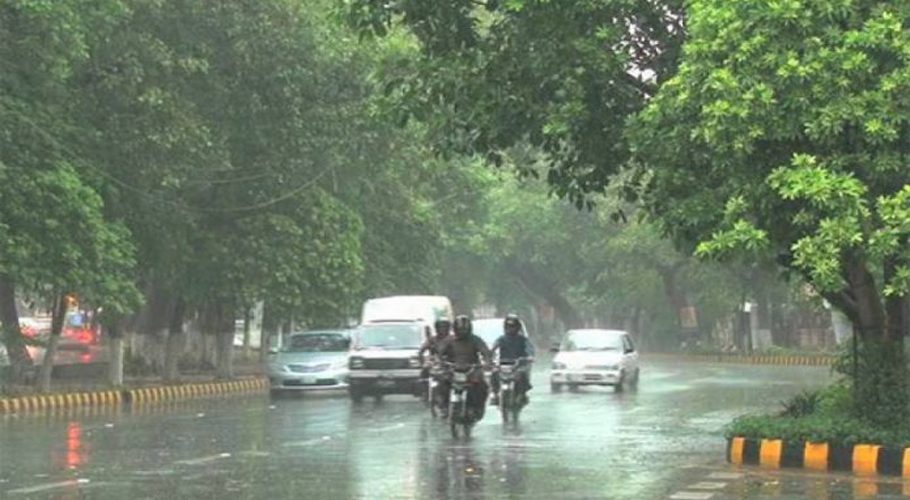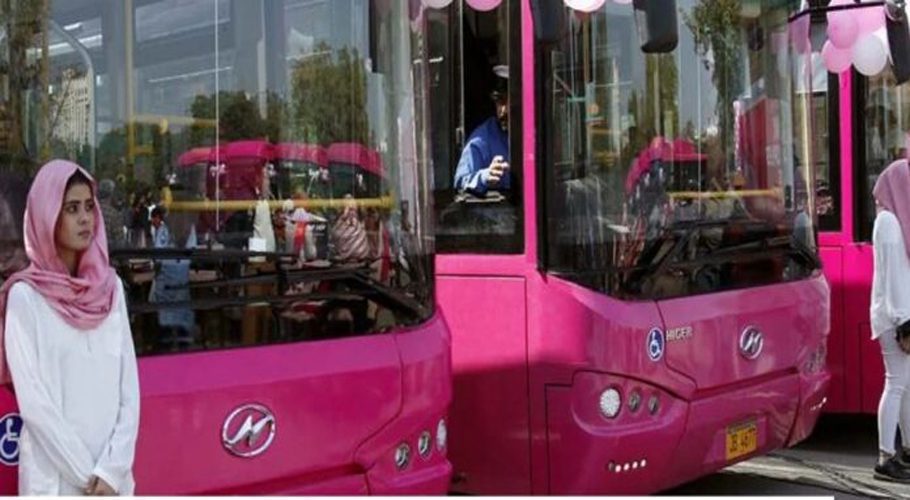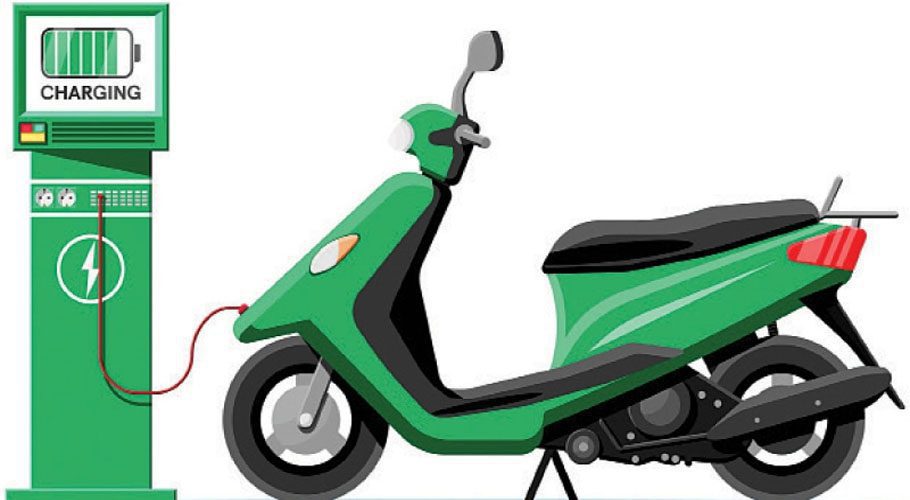![]() Follow Us on Google News
Follow Us on Google News
After the end of the 20-year war imposed by the United States, the Taliban have regained power in Afghanistan and around the world where there are different views related to it.
Importantly, the United Nations has raised questions about the future of women and young girls in Afghanistan, and there is serious debate about what the future holds for women in Afghanistan after the Taliban take power.
Taliban era and women
Prior to the arrival of the United States, Afghanistan was ruled by the Taliban from 1996 to 2000, and the country had strict laws regarding women. In the past, women were not allowed to work and the presence of a spouse or father and brother and a veil were required to get out of the house.
It was forbidden for girls to get an education and it was forbidden to talk to non-spouse. In the previous era of the Taliban in Afghanistan, women who disobeyed orders were severely punished, and even public flogging and killing of women was common.
Stance of women
After the Taliban came to power in Afghanistan, once again confusion has spread among Afghan women who are suffering from severe fear. Women say that now our freedom will be restricted and our lives will be in grave danger.
They believe the Taliban will take away their freedom again, and it will become impossible for them to live in Afghanistan. The women fear that the Taliban can occupy any house, they can kill anyone. With the advance of the Taliban in Afghanistan, women have been trapped in their homes, while after coming to power, they will have to live in a burqa.
United Nations
The United Nations has raised concerns about the rights of women and young girls since the Taliban took power in Afghanistan.
In a statement, UN Secretary-General Antonio Guterres called on the Taliban and all other parties to exercise restraint in protecting human lives and meeting humanitarian needs.
Malala Yousufzai
Nobel laureate Malala Yousafzai has said that as the Taliban take control of Afghanistan, we are in full control and there are concerns about human rights.
In a tweet, Malala Yousafzai said she was “deeply concerned” about women, human rights activists, and minorities. She said global, regional, and regional powers must call for an immediate ceasefire and take steps to ensure immediate humanitarian assistance and the safety of refugees and civilians.
Afghan Taliban
The Taliban leadership says that the real test of the Taliban has now begun, they want to set an example for the world by serving the people, they are happy to conquer Kabul without any bloodshed, they have become a liaison council for temporary administration.
Taliban leaders have said that the future will be decided through broad consultation, but Taliban spokesman Suhail Shaheen has said that we want a comprehensive Islamic government, which means that all Afghans will be part of that government. She says the Taliban do not intend to take revenge and assure women’s rights, media representatives, and the freedom of diplomats.
Future of women
Amnesty International says that during the Taliban regime, girls were forcibly married off, and in recent days after the Taliban took control of some areas, there have been allegations of forced marriages for young girls and the return of the Taliban to power. International human rights organizations have expressed concern that the Taliban’s situation for women in Afghanistan could worsen again.
During the last five years of the Taliban’s rule, the education of Afghan girls was also banned, although a report by Human Rights Watch in 2020 claims that the Taliban were no longer opposed to girls ‘education, but feared that girls’ education could be banned once the Taliban returned to power.
Strict restrictions on women’s work and dress issues may also be a problem for girls, which is why a large number of Afghans have been fleeing the country for the past two days.

